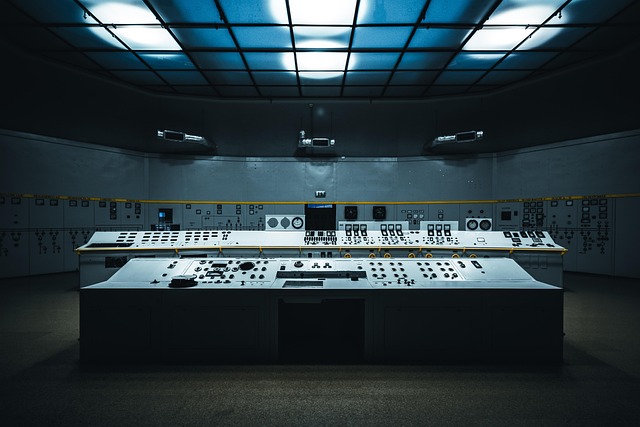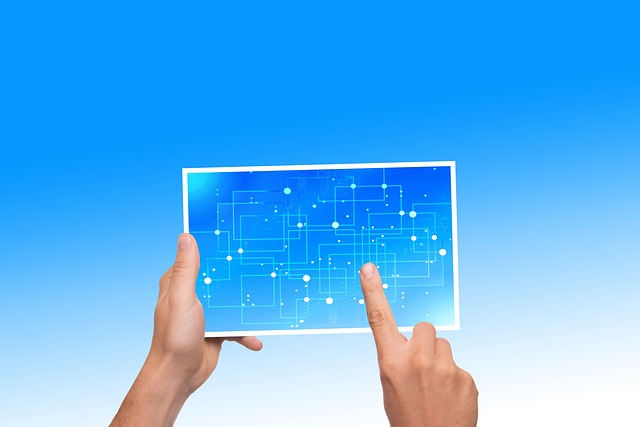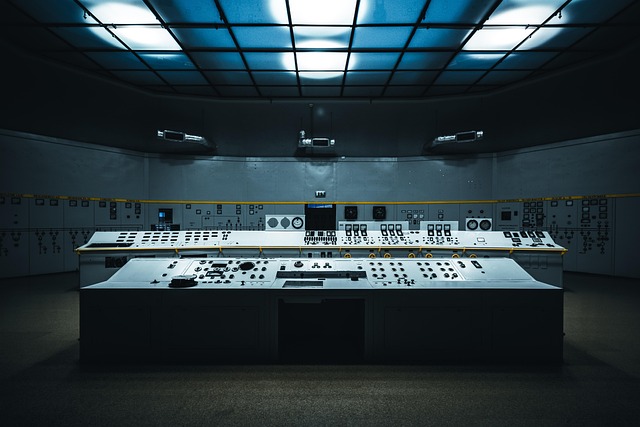The modern workplace is undergoing a transformation that was once the realm of science fiction. With the significant advancements in robotics and artificial intelligence, we are ushering in an era of AI-based workplaces that promise to enhance productivity and redefine how we interact with technology. The fusion of these cutting-edge technologies is not just about machines taking over mundane tasks; it represents a paradigm shift in our interaction with the workplace environment itself.
Imagine walking into an office where intelligent robots assist with routine tasks, freeing up valuable time for employees to focus on creative and strategic initiatives. These AI-driven machines are not just tools; they become dynamic partners in the workforce, understanding their human counterparts’ needs and adapting to different situations in real-time. This level of interaction fosters an atmosphere where innovation can thrive, and collaboration among teams becomes seamless.
Automation in business is often feared as a threat to human jobs. However, the reality is far more nuanced. AI-based workplaces don’t aim to replace humans but rather augment our capabilities. For example, in industries like manufacturing, robots equipped with AI can perform repetitive tasks with precision, while humans are liberated to engage in complex problem-solving and creative processes that require emotional intelligence—something that machines cannot replicate.
Moreover, the interaction between robots and employees is becoming more intuitive thanks to advancements in natural language processing and machine learning. Imagine a workplace where employees can discuss tasks with an AI assistant that understands context, offers insights, and learns from past interactions to improve future communications. This level of engagement not only enhances efficiency but also heightens employee satisfaction as individuals feel empowered to contribute their unique skills in a symbiotic relationship with technology.
Beyond the physical workspace, AI-based technologies are changing the way we manage our projects and workflows. Smart software solutions analyze data and provide actionable insights, allowing teams to make informed decisions quickly. This efficient flow of information reduces bottlenecks and cultivates a proactive work environment where innovation can flourish.
In a world where hybrid work models are becoming the norm, the significance of AI in enhancing virtual collaboration cannot be overstated. Virtual assistants streamline meeting schedules, while AI-driven platforms provide analytics to track team performance across different locations. This fosters a cohesive culture, ensuring that whether physically in the office or working remotely, everyone feels connected and engaged.
As we stand on the brink of a new era in workplace interaction, AI-based workplaces emerge as a beacon of opportunity. The potential to harness robotics and automation not only for efficiency but also for enhanced human connection is vast. By embracing these technologies, organizations can create an environment that values human and machine collaboration, pushing the boundaries of what’s possible in our modern workplaces.



